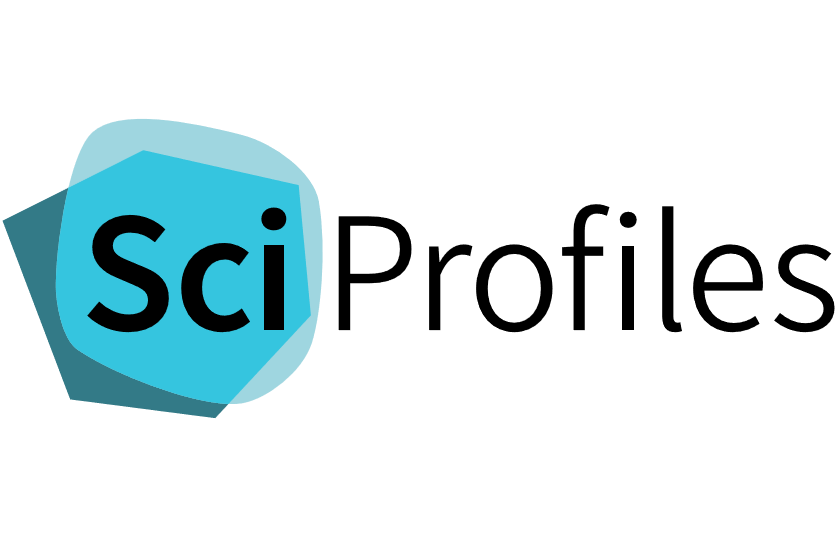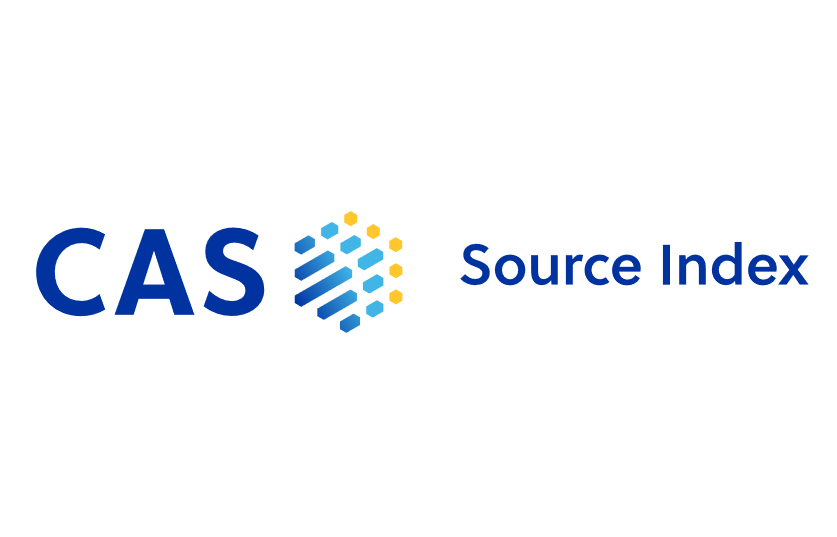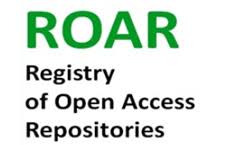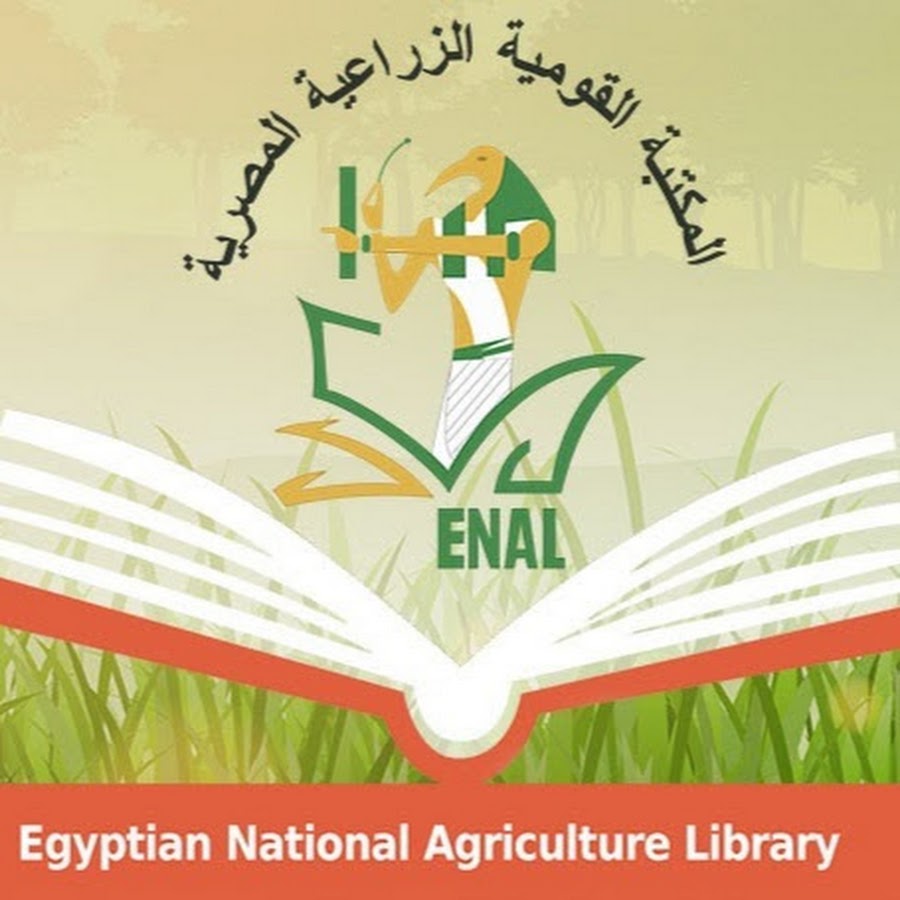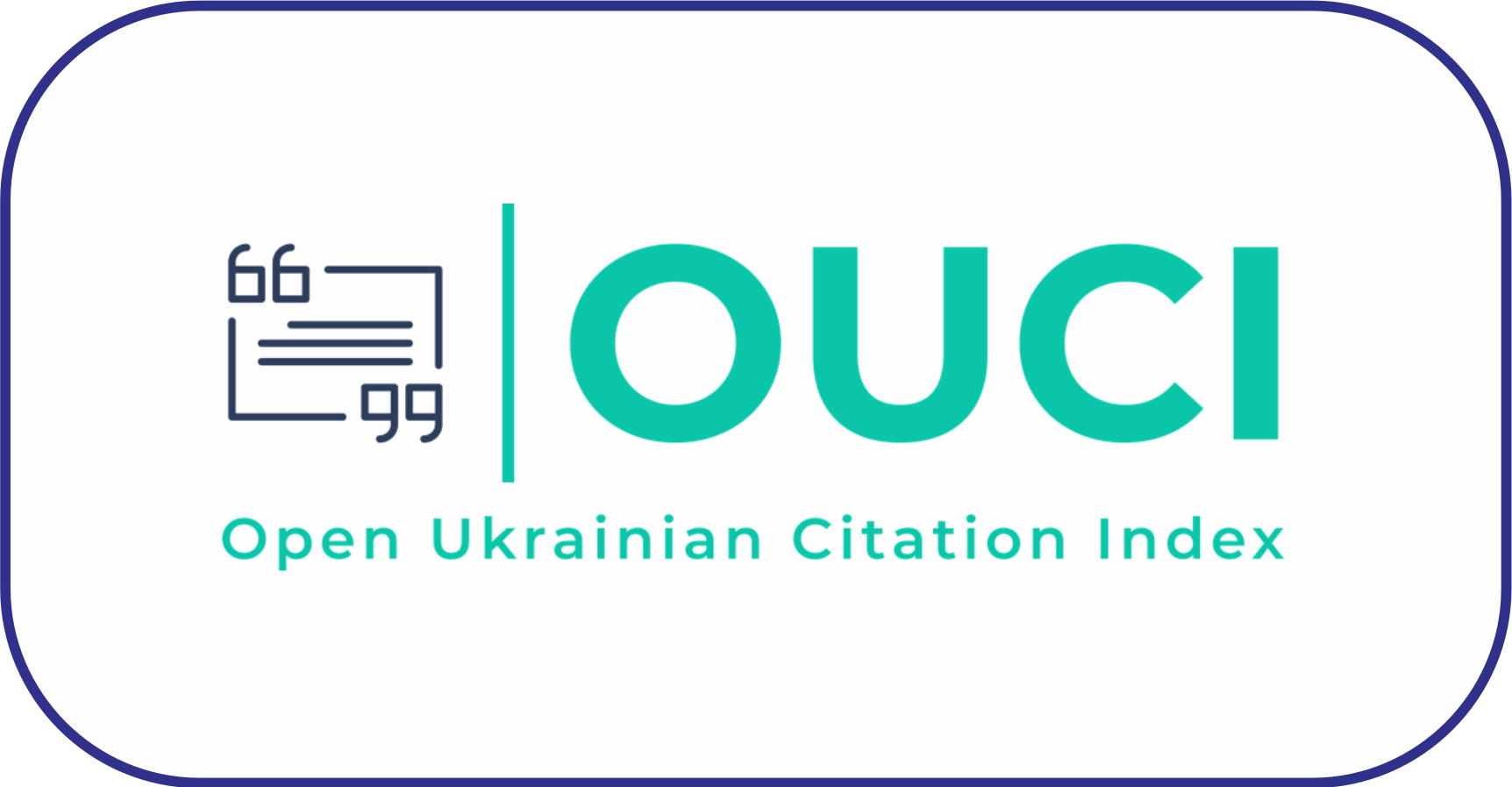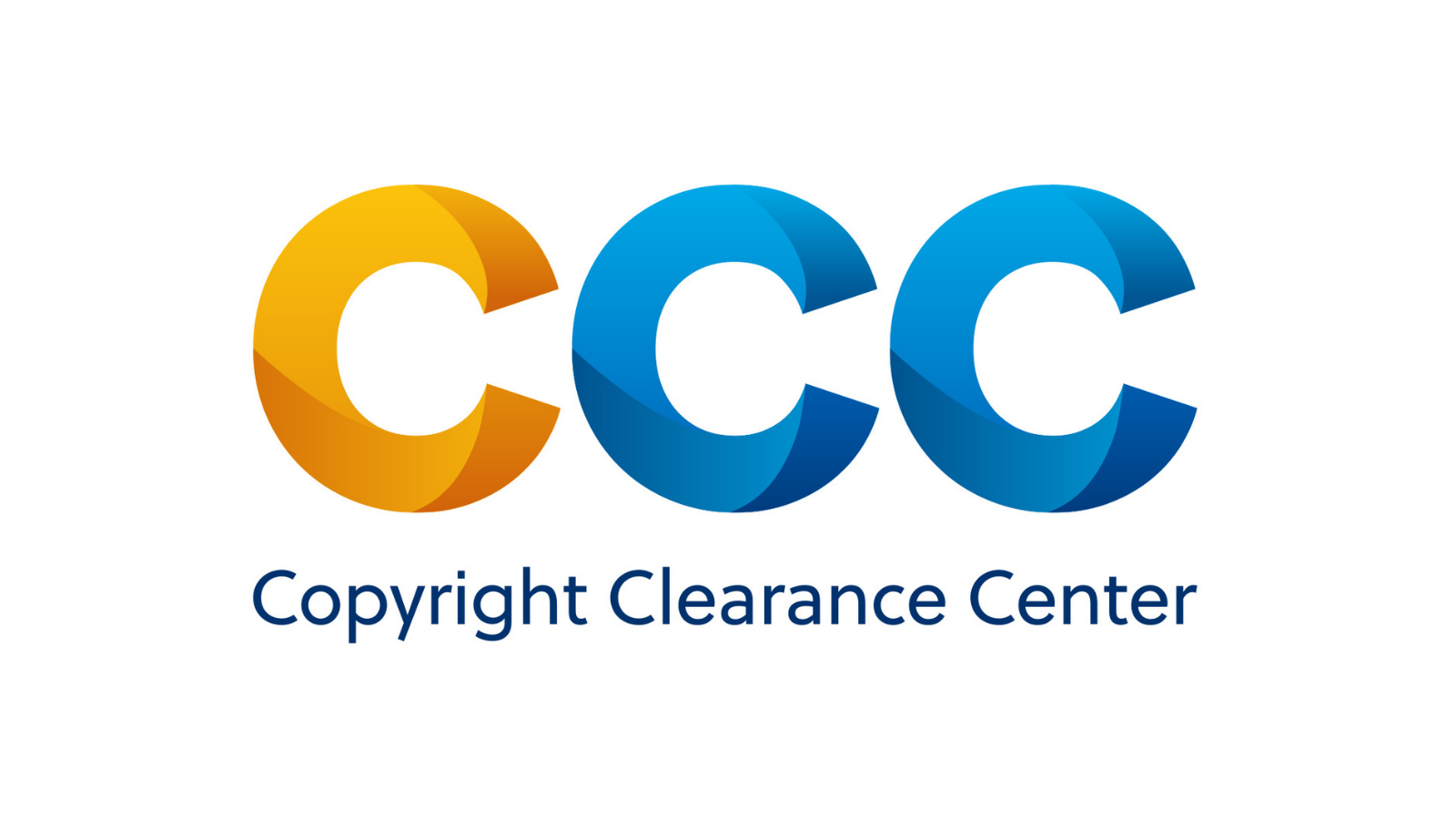ISSN: 3079-174X
Publication Charges Policy
Across the globe, there are some journals whose publishing costs and all other relevant expenses are covered by other sources, for instance a sponsoring party like an organization, research groups, think tanks and so don't demand for publication charges. There is no any source of income or financial assistance from any other organization or Government entity to sponsor the AAB expenses. AAB is striving to be indexed in JCR-Master list very soon. But this is a very gigantic task to be indexed in Web of Science Master Journal List. We are supposed to meet up the international research and global academia rather to focus solely on local or regional issues. Hence, in order to meet such high standards while securing academic and financial scope of authors, AAB recommends the publication charges.
Background
Publications are not without costs. Subscription journals manage the costs by a fee to access the contents. As Open Access content is freely accessible and available, therefore the costs are covered by publication policy. Journals utilize a variety of ways to generate the income required to cover publishing costs (including editorial costs, any costs of administering the peer review system, promotion of the contents, circulation, and indexing etc.), such as subsidies from institutions and subscriptions. AAB does not take any article processing charges, but requires publication charges. This is the most common funding method for professionally published open access articles.
Funding sources
Although the authors are responsible for arranging payment of the publication charges in most cases they can rely on their institutions and funders for financial support. These bodies can cover Publication Charges in a variety of ways for example, by establishing an OA fund, making it part of their general funding or by paying the fees as part of a membership model. In order to support sustainable open access publishing, there are many approaches to pay the due charges. These charges are usually had to pay by the author's institution or research funder.
Description of article submission
Article submission is totally free. Once the article has been submitted, the author will be awarded with acknowledgment letter (a receipt) of receiving the article. Then the article will go through the pre-editorial review that is totally free of cost. Pre-editorial review meant to check up and scrutinize the submitted article on the very basic criteria of AAB publishing policy, it includes:
(i) Scope
(ii) Non-repository Turnitin originality report.
(iii) Basic format (Authors' strength and citation style etc.)
(iv) Abstract and Keywords
Utilization of article publication charges
For permanent, instant, all-inclusive and worldwide access to the full article text the publication charges cover:
(i) Editorial work: Administrative support, commissioning content, editorial layout, journal development, and correspondence with the authors, reviewers and referees.
(ii) Review and evaluation: Editorial review, double-blind peer review, final evaluation (2 international referee).
(iii) Technical infrastructure and innovation: Development, maintenance and operation of online journal system and websites and coordination among the editorial board.
(iv) Production of articles: Formatting and mark-up of articles.
(v) Marketing of journal and contents: Making sure readers and authors know about the work published in the title.
(vi) Promotion on various mediums: Content advertising via various world recognized research forums and groups, data bases, research soft wares and social media.
(vii) Customer service: Responding to authors and readers.
(viii) Circulation: Published contents circulation in the relevant circles for enhancing citations.
(ix) Production of articles: Inclusion in abstracting, indexing, aggregating, linking, uploading in world class reputable research databases, directories and bibliographies.
Fee waiving
The individual waiver requests are considered on a case-to-case basis and may be granted in cases of genuine need. Authors who are eligible for such concession include those who have won any national excellence award, undergraduates with quality manuscript, orphans, special person, handicapped and those whose parents or siblings are martyred/affected by war on terror.








